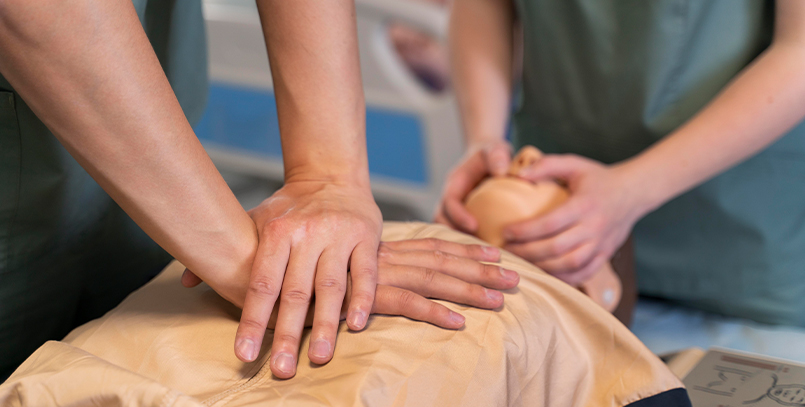First Aid Training Winnipeg is an integral part of any workplace's health and safety protocols. Employers have a duty of care to provide a safe working environment for employees. This includes having staff on hand who are qualified in administering first aid in case of workplace injuries or medical emergencies.
In Winnipeg, as with anywhere else in Canada, it is legally required by occupational health and safety legislations that workplaces meet a minimum standard of first aid coverage. The specifics depend on factors like the nature of work activities, the number of employees, as well as the location of the workplace. Workplaces are obligated to conduct a first aid risk assessment to determine the appropriate level of first aid training and number of first-aiders required.
Importance of First Aid Training Winnipeg Workplaces
Some of the key reasons why First Aid Training Winnipeg is crucial for any Winnipeg workplace are mentioned below. Make sure to keep them in mind as you plan to offer HCP Courses Winnipeg.
Allows for quick response to workplace injuries and medical situations. Staff with up to date first aid certification can promptly assist while emergency responders are en route. This quick reaction can help minimize further harm.
Most workplace incidents that require first aid occur due to slips, strains and cuts. With proper first aid given quickly, severity can be greatly reduced.
It fulfills legal health and safety responsibilities of employers, avoiding liabilities due to lack of adequate provisions.
Boosts workforce productivity from reduced downtime from minor injuries.
Provides employees with peace of mind knowing first aid assistance is available if needed.
Equips staff with first aid knowledge that can also be useful outside the workplace.
Choosing A Workplace First Aid Training Provider in Winnipeg
Due to the importance of first aid capabilities in Winnipeg workplaces, it is essential to choose a proper training provider that offers recognized certification. Here are key considerations for employers looking to organize first aid training Winnipeg:
Course content fulfills criteria set out by the Workers Compensation Board of Manitoba
Both Emergency and Standard First Aid courses available fitting workplace requirements
Option for blended first aid training with in-person instruction and online portion
Small class sizes for optimum instructor interaction
Schedules for frequent and convenient course dates
Location has training spaces meeting social distancing requirements
Instructors have medical backgrounds with real first aid experience
Certification remains valid for 3 years upon course completion
Investing in first aid readiness and regular recertification of staff emergency responders is a must for any workplace serious about safety. With quality providers, equipping team members with these potentially life-saving skills is quick and convenient even for the busiest workplaces in Winnipeg.
The Importance of Keeping First Aid Skills Current
Obtaining First Aid Training Winnipeg and certification is only the initial step in ensuring workplace emergency preparedness. It is vital that employers provide staff opportunities for re-training so that their skills remain current.
First aid certificate in Winnipeg are valid for 3 years before requiring renewal. As protocols may evolve within that period, it is essential that first-aiders take refresher courses to ensure they are up to date on the latest techniques and practices. Memory and skills also fade over time without constant usage.
HCP Courses Winnipeg schedules recertification courses well in advance of certificate expiration dates as a reminder to companies to re-register their first aiders. Taking a 2-day refresher course ensures existing knowledge is reinforced while any changes to procedures are introduced. Keeping skills refreshed gives continued confidence to respond reliably in the event of workplace emergencies requiring first aid.
Final Words
First aid readiness is a cornerstone of every responsible Winnipeg employer's health and safety framework. Having trained emergency responders on staff allows workplaces to effectively manage incidents and minimize harm until professional help arrives. Investing in recognized first aid courses helps companies meet legal obligations while boosting productivity through fewer disruptions.
As protocols evolve over time, ongoing renewal opportunities are key to keeping lifesaving skills refreshed. With quality First Aid Training, Winnipeg partners, employers across sectors can easily secure expert instruction tailored to address their workforce risks. When health emergencies strike, they will be equipped to provide the vital immediate response their employees rightfully expect.













